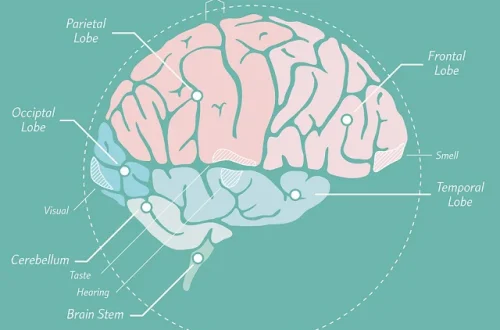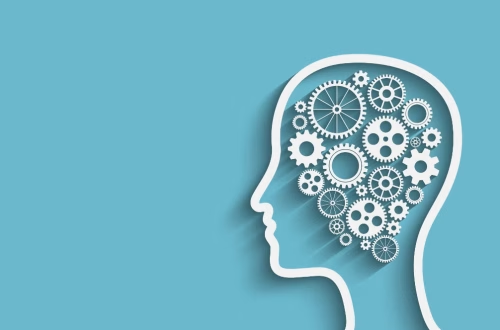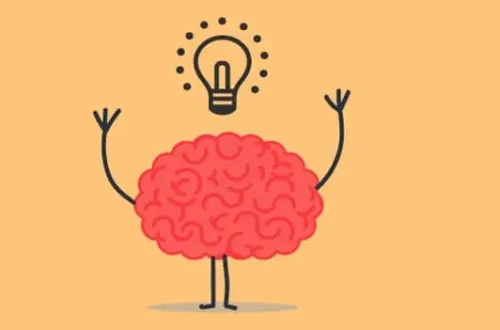The modern workplace is in the midst of a profound transformation, driven by the convergence of automation and artificial intelligence. This evolution is reshaping not only the nature of work itself but also the skills and competencies required to thrive in this new landscape. As routine tasks are increasingly automated, the demand for uniquely human skills such as critical thinking, creativity, and emotional intelligence is on the rise.
The intelligent workplace is a collaborative ecosystem where humans and machines work in synergy. AI-powered tools can analyze vast datasets to provide insights that inform strategic decision-making, while collaborative platforms can connect teams across geographical boundaries, fostering a more agile and innovative work environment. In this dynamic context, the importance of continuous learning and upskilling cannot be overstated. By embracing a mindset of lifelong learning, individuals and organizations can adapt to the changing demands of the modern workplace and unlock new opportunities for growth and innovation.
The impact of automation on employment has been a subject of intense debate, with concerns about job displacement balanced against the potential for new types of work to emerge. Historical evidence suggests that technological advances, while disruptive in the short term, ultimately create more jobs than they eliminate. The key to navigating this transition successfully lies in preparing workers for the jobs of the future through education and training programs that develop both technical and soft skills. Organizations that invest in reskilling their workforce are better positioned to adapt to changing market conditions and maintain competitive advantage.
Collaborative technologies have transformed how teams work together, enabling seamless communication and coordination regardless of physical location. Video conferencing, shared digital workspaces, and project management platforms have become essential tools for modern organizations. These technologies have proven their value during global events that required widespread remote work, demonstrating that productivity can be maintained and even enhanced when teams are equipped with the right digital tools. The challenge lies in maintaining team cohesion and company culture in distributed work environments.
Data-driven decision making has become a cornerstone of modern business practices, with organizations leveraging analytics to optimize operations, understand customer behavior, and identify growth opportunities. The ability to collect, process, and interpret large volumes of data has created new roles and responsibilities within organizations, requiring workers to develop data literacy skills. The democratization of analytics tools has made data-driven insights more accessible to non-technical users, enabling more informed decision making at all levels of organizations.
The gig economy and freelance work have gained prominence as digital platforms have made it easier for individuals to offer their services to a global market. This shift has created new opportunities for flexible work arrangements but has also raised questions about job security, benefits, and worker protections. Organizations are adapting to this changing landscape by developing more flexible employment models and rethinking traditional approaches to talent management. The challenge for both workers and employers is navigating this evolving ecosystem to create sustainable and fulfilling work arrangements.
The future of work is not one of human versus machine, but rather a partnership that leverages the strengths of both to create a more productive, fulfilling, and intelligent working world. Augmented intelligence, where AI systems enhance rather than replace human capabilities, represents a more promising path forward than full automation. This approach preserves the value of human judgment, creativity, and empathy while leveraging the computational power and data processing capabilities of AI systems.
Organizational culture plays a crucial role in successful digital transformation, as companies must create environments that encourage innovation, experimentation, and continuous learning. Leadership styles that promote collaboration and psychological safety are essential for enabling teams to adapt to new technologies and work processes. The ability to manage change effectively will be a key differentiator for organizations as they navigate the ongoing digital revolution. Companies that foster cultures of learning and adaptation will be better positioned to capitalize on emerging opportunities.
The development of ethical frameworks for workplace technology adoption is becoming increasingly important as AI and automation become more prevalent. Issues such as algorithmic bias, employee surveillance, and the impact of automation on job quality must be carefully considered. Organizations have a responsibility to implement these technologies in ways that benefit both the company and its employees, creating value while maintaining fairness and transparency. The future workplace will require new models of governance and accountability to ensure that technological advances serve the broader interests of society.





